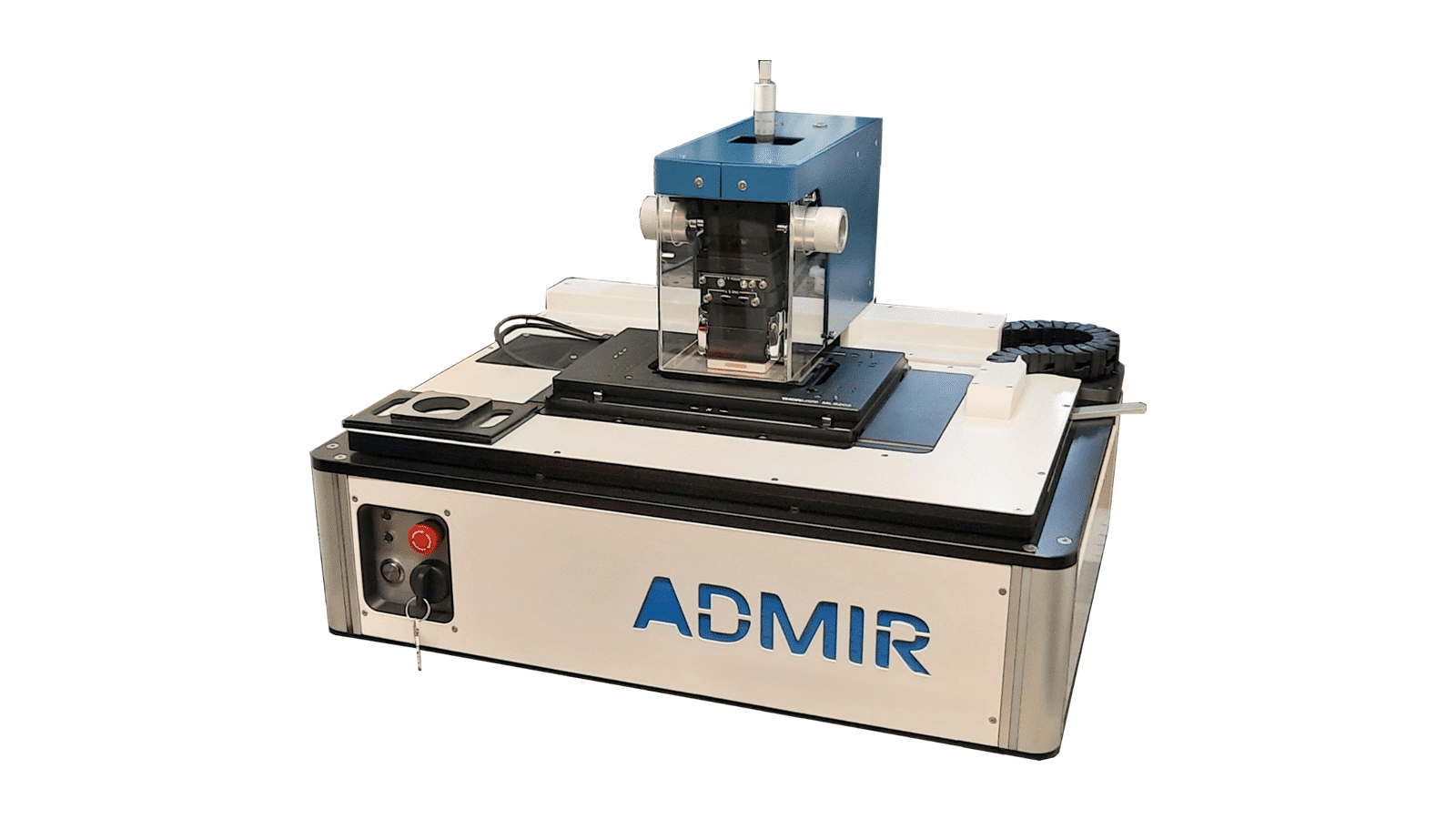Admir, which was less than six months old at the time, was keen to take part in the 2023 CES in Las Vegas in January this year. The model of its imaging system attracted a great deal of attention from the media, manufacturers, medical professionals and potential investors. This was the aim.
“Over recent years the number of cancer cases has increased along with the number of tests required for each case, and at the same time healthcare systems are facing problems and the numbers of pathologists and biologists are in decline,” said Laurent Duraffourg, CEO of Admir. “The result of this is a major imbalance between supply and demand, and as a result the flow of analyses is congested.”
The infrared spectroscopic technology used by Admir was inspired by the James Webb Space Telescope. The difference is that the space telescope is used to observe very large objects at great distances, in order to determine their chemical content, whereas the Admir microscope analyzes very small biological objects that are very close.
“The scientific community currently needs other types of faster and more reliable tumor analyses. The average error rate, based on the observation of a stained biopsy slide, is in the region of 30%, even for excellent doctors. This leads to the number of slides being increased and biomarkers being used to allow the physicians to fine-tune their diagnosis. Our microscope is based on infrared spectroscopic technology, so with a single slide we can provide a level of confidence of 93% to 95%, with consequent enormous time savings,” Laurent Duraffourg, CEO of Admir.
When applied to oncology, this innovation “allows us to spot cancer cells in amongst healthy cells and to identify pre-tumor areas,” Mr. Duraffourg said. “We can also identify the grade and type of cancer and how dangerous it is.”
The microscope’s light acts like a probe. Analyzing the sample is no longer based on chemical biomarkers, which simplifies and shortens the process. A machine learning algorithm, while it does not replace humans, provides physicians with a range of possible interpretations. Whereas a full analysis of a tumor may take two or three weeks, this solution could reduce this time to one hour.
The startup was established in September 2022 in the French Alps by researchers at the CEA (French Atomic Energy Commission), where it is now being incubated.
An initial partnership was entered into with the Léon Bérard Hospital in Lyon; other collaborations will follow over the months ahead. By the end of 2023, it is expected that six prototypes will be sent to laboratories to be tested. Admir hopes that in 2025 it will be able to offer to the market a device approved for medical research.



